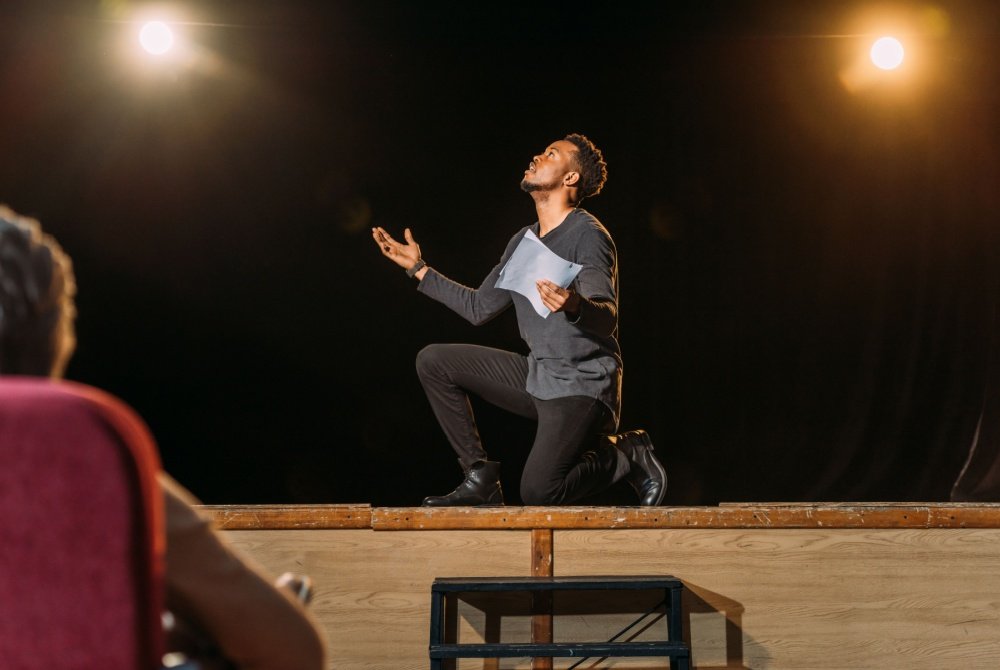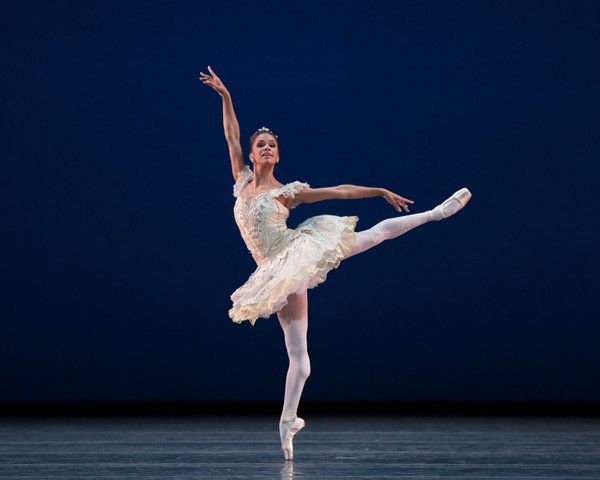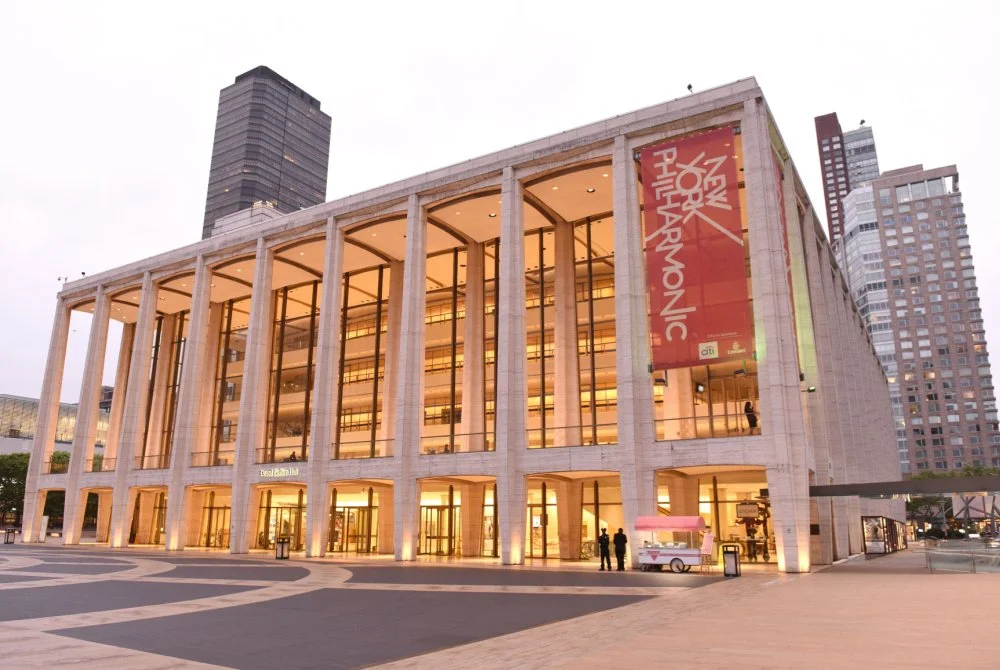More Than Mega-Gifts: An Arts Foundation Ramps Up Support for "Hard-to-Fund" Work
/photo: vincent noel/shutterstock
Upon announcing his retirement from philanthropy last year, a satisfied Eli Broad told the New York Times, "Los Angeles is now the contemporary art capital of the world. We have emerged as one of the four major cultural capitals of the world, together with London, New York and Paris."
But a vibrant contemporary art capital can't thrive solely on rock-star donor mega-gifts to ambitious fundraising campaigns for top institutions. Broad understands this. And so does the Mike Kelley Foundation for the Arts, which is committed to supporting "risk-taking, underseen, and hard-to-fund work."
Created by its namesake, who was known for his satirical sculpture, installations and performance art, the foundation recently named the 10 recipients of its 2018 Artist Project Grants.
The foundation officially launched in 2007. At the time, Kelley simply gave money to arts organizations that he found compelling. There was no real application or review process. Kelley passed away in 2012, and a few years later, the foundation decided to take a more structured approach to its giving.
In 2015, it announced its first official funding initiative to local art groups to the tune of $250,000. The most recent round of funding finds the foundation upping its total payout by a whopping 60 percent to $400,000. It represents the largest sum the program has given out in its three-year history.
A combination of small, mid-size, and large institutions will present the 2018 projects, which span a wide range of disciplines such as performance, multimedia art, sculpture and printmaking. The projects include solo, group, and collaborative exhibitions, as well as interactive workshops and related publications.
"The grantees this year reflect Los Angeles’s energized and diverse art scene," said Mary Clare Stevens, executive director of the foundation. Channeling the "artist as activist" trend currently permeating the sector, Stevens also underscored the degree to which grant winners are questioning "institutions and social structures."
"Politics is on everyone’s mind these days. We're living with this administration, and there's been an urgency in the arts community to continue deep investigation of systems, of power structures, of race and gender," she told the Los Angeles Times. "There's a tradition of that in the arts—of questioning—especially now, with diminishing funding for the arts. The space of art is a space of freedom. And it brings this back to how crucial arts funding is right now."
"Now more than ever, projects like these demonstrate the importance of art as a voice of the times and as an agent for change," Stevens said.
The foundation's ascent over the past three years also underscores an interesting aspect of the Los Angeles arts boom. The city has changed dramatically since Eli Broad began his lonely one-man philanthropic journey decades ago. For instance, back in 2013, the Museum of Contemporary Art board raised about $100 million to prop up its endowment. Huge gifts have consistently followed ever since.
Logic would dictate that a rising tide has lifted all boats. Yet until relatively recently, that adage didn't match the realities on the ground.
Stevens previously told the L.A. Times that Kelley wanted to highlight smaller arts organizations and "ones that he believed were doing good work—work that other folks weren't paying attention to." The fact that the foundation rebooted its operations three years ago, at a time when millions of dollars were flowing to city institutions, suggests that there were still many artists that funders "weren't paying attention to."
And around the same time the Kelley Foundation stepped up its giving, L.A. welcomed another entrant into its philanthropic ranks—the Davyd Whaley Foundation. According to its representatives, the foundation was launched to fill an "overlooked gap" in L.A.'s art philanthropy. While the city boasted an "ever-expanding" visual arts scene, the foundation argued that "some things have not kept pace with this growth and that is support of a certain population of individual artists working in Southern California."
Bottom line, here? It takes more than mega-gifts and private museums to build a sustainable international art capital. By boosting its total grant budget by 60 percent in three short years, the Mike Kelley Foundation for the Arts has positioned itself as an emerging player in an L.A. funding ecosystem that is increasingly inclusive, diffused, and eager to support "hard-to-fund" work.
Check out the full list of Artist Project Grant winners here.







































